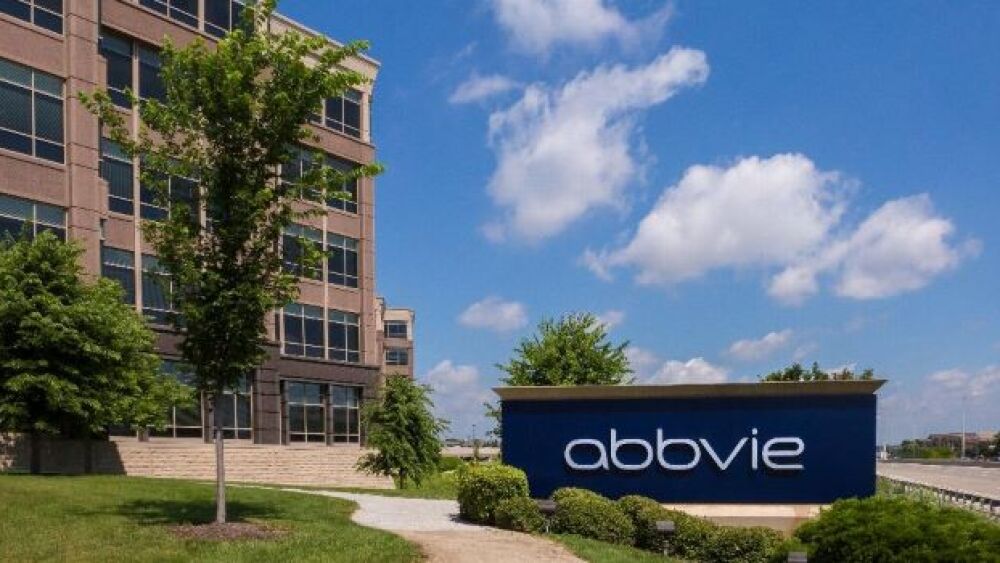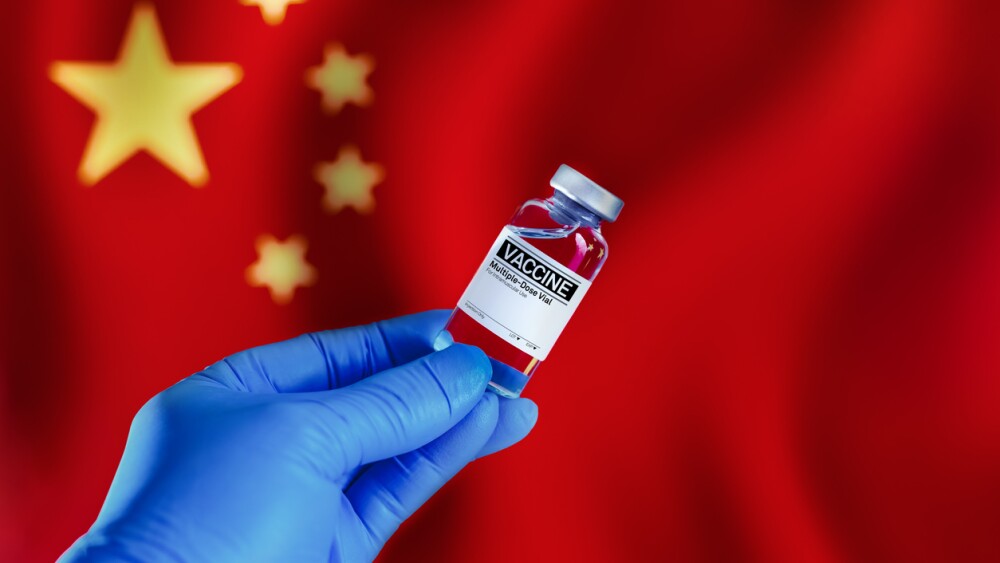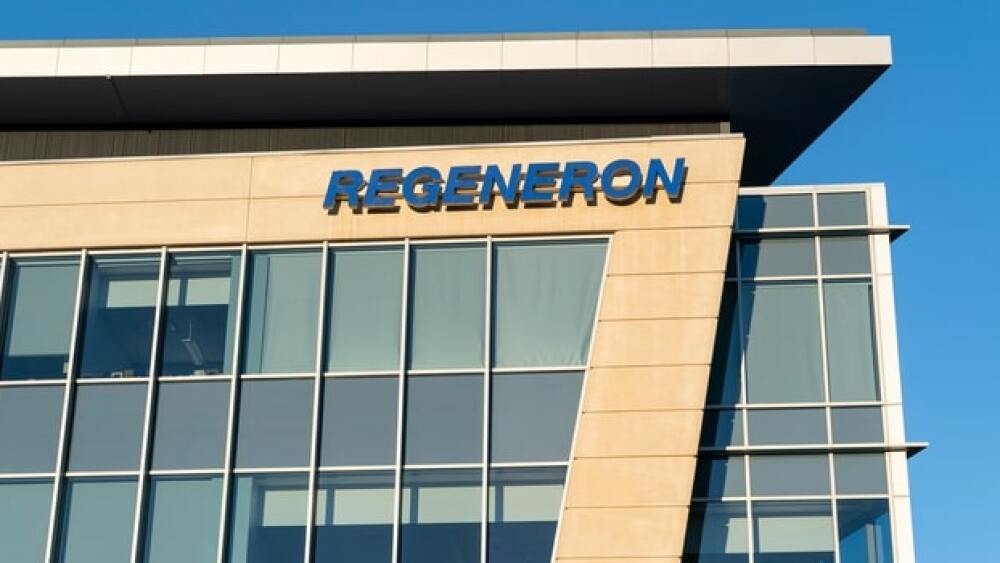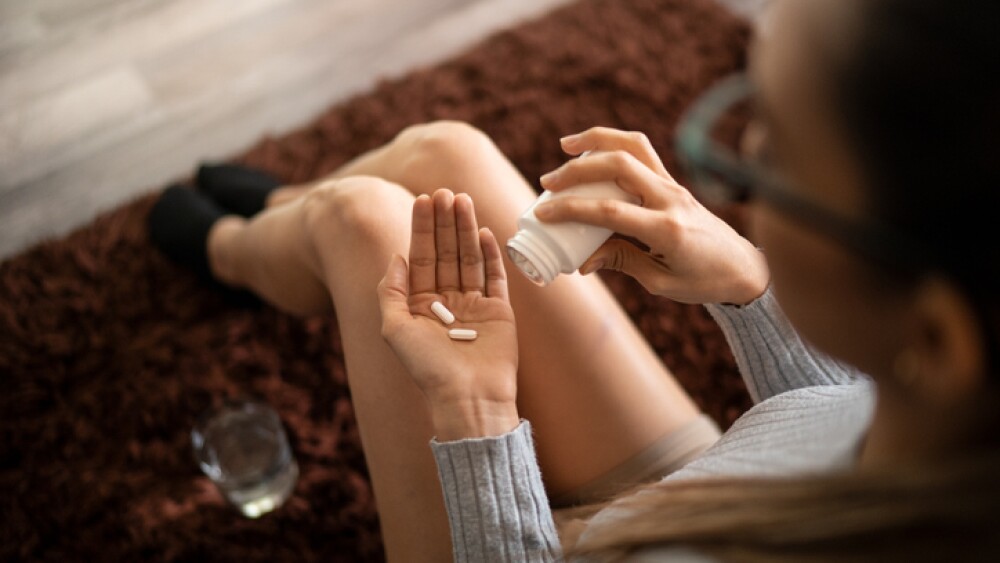One year after AbbVie’s $63 billion purchase of Allergan, the company is reportedly lining up the sale of a portfolio of women’s drugs and health care products valued at $5 billion.
© AbbVie Inc. All rights reserved.
One year after AbbVie’s $63 billion purchase of Allergan, the company is reportedly lining up the sale of a portfolio of women’s drugs and health care products valued at $5 billion.
This morning, citing unnamed sources “familiar with the matter,” Reuters reported the Illinois-based company plans to sell off the assets that it gained from the Allergan acquisition, which closed last year. Included in the potential sale is the Lo Loestrin Fe birth control pill, among others.
he women’s health assets are expected to be sold through an auction process and Reuters said the plan is already attracting interest from multiple private equity firms, including CVC Capital Partners. One of CVC’s umbrella companies, Theramex, which was launched in 2018 after CVC acquired the international women’s health assets from Teva Pharmaceutical, markets several contraceptive products, including the birth control pills Zoely and Seasonique. Reuters’ sources said CVC could use the AbbVie birth control products to complement the existing Theramex portfolio.
The AbbVie portfolio of assets that could be up for sale “generates 12-month earnings before interest, taxes, depreciation and amortization (EBITDA) of about $500 million and could be valued at about 10 times its EBITDA,” Reuters reported.
AbbVie is reportedly interested in the sale of the women’s health assets in order to pay down some of the billions of dollars of debt associated with the Allergan acquisition. That would also free up some funds to focus on the development of new pharmaceutical products that will become financial drivers, particularly as its $20 billion per-year cash cow Humira, currently the best-selling pharmaceutical in the world, faces patent expiration in 2023.
Two of those drugs that are likely to become key assets for AbbVie are the immunology drugs Skyrizi and Rinvoq, both of which have been seen as successors to Humira. Plaque psoriasis drug Skyrizi (risankizumab-rzaa) was approved by the U.S. Food and Drug Administration in 2019. Later that year, Rinvoq (upadacitinib), a JAK inhibitor, was approved by the FDA for the treatment of adults with moderately to severely active rheumatoid arthritis (RA) who have had an inadequate response or intolerance to methotrexate. In 2020, both drugs generated a combined $2.3 billion, according to an AbbVie filing with the U.S. Securities and Exchange Commission. Those revenues are likely to grow with approvals for additional indications. In fact, AbbVie boosted its sales estimates for the two drugs to $15 billion by 2025.
Last year, Rinvoq, an oral treatment, hit the mark in a pivotal Phase III study in atopic dermatitis, as well as in moderate to severe ulcerative colitis. Also last year, Skyrizi bested Novartis’ Cosentyx in a Phase III plaque psoriasis study. Skyrizi demonstrated significantly higher rates of skin clearance compared to Cosentyx, with at least a 90% improvement from baseline.
The increased revenue from Rinvoq and Skyrizi, as well as other milestones, resulted in a significant bump in compensation for Chief Executive Officer Richard Gonzales. According to the company’s SEC Filing, Gonzales took home $24,007,591 in total compensation for 2020. Gonzales’ take-home pay was a significant bump over the $21 million he took home in 2019. The bulk of the CEO’s compensation was from long-term equity awards, which came in at about $14.4 million.
Featured Jobs on BioSpace





